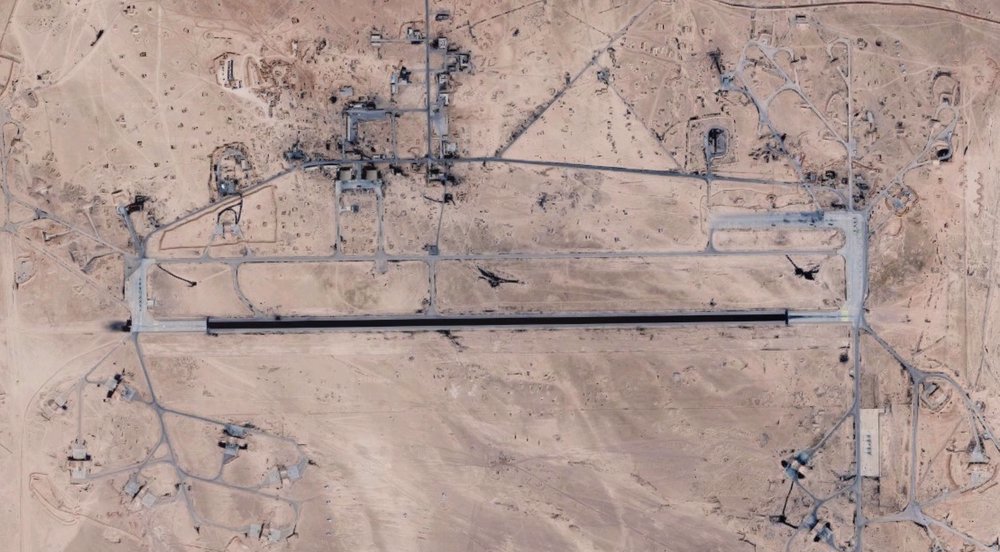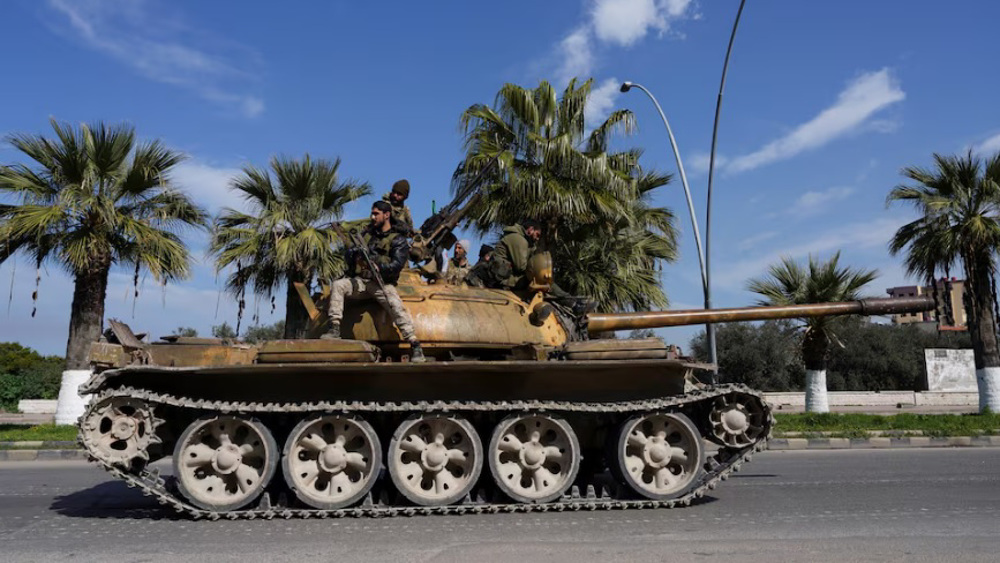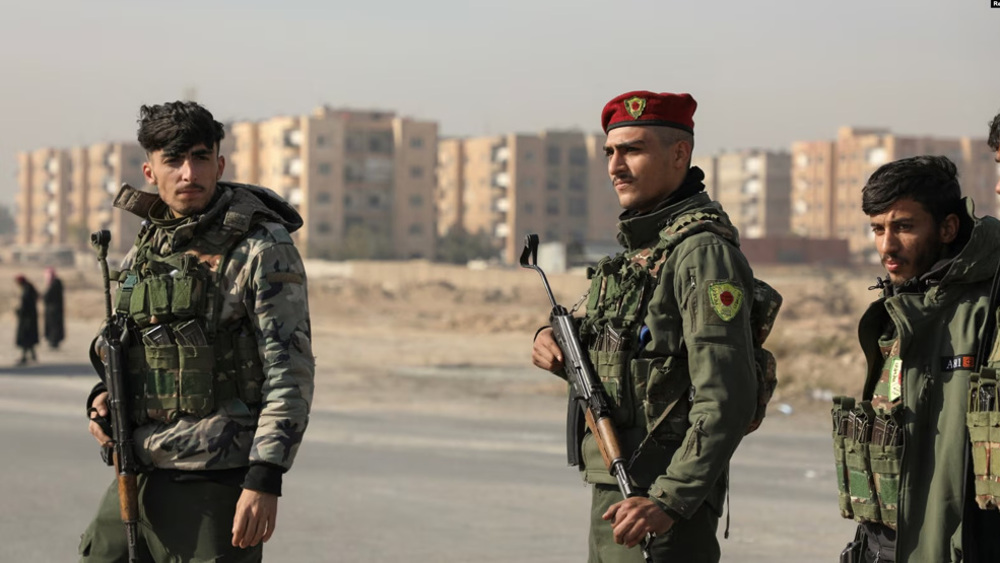Lavrov calls for Russia-US cooperation in Syria
Russia’s foreign minister attached significance Friday to cooperation between Moscow and Washington in Syria in order to facilitate a truce and humanitarian access agreed upon by the International Syria Support Group (ISSG).
"For this to work... cooperation between the militaries on the ground is needed, both on humanitarian issues and issues related to implementing the ceasefire," Sergei Lavrov said in Munich, Germany.
The ISSG members agreed on a ceasefire in Syria following a meeting in the city on Thursday.
Lavrov also criticized the United States for its rejection of previous Russian requests for military cooperation in Syria aimed at finding a solution to the crisis in the Arab country, according to state news agency RIA Novosti.
"From the very beginning of our operation in Syria at the invitation of the country's government, we proposed military contacts between Russia and the US-led coalition," the Russian foreign minister said.
The US-led coalition has been conducting airstrikes against purported positions of terrorists inside Syria. The airstrikes have been going on without any authorization from the Syrian government or a UN mandate since September 2014.
Russia launched its own aerial campaign against the Takfiri Daesh terrorists and other militant groups in Syria on September 30, 2015, upon a request from the Damascus government. The air raids have expedited the advances of Syrian forces against militants.
“Unfortunately, the United States avoided cooperation in the military sphere except on issues related to procedures to avoid conflict,” Lavrov stated.
"But now - I believe - they realized that to move forward in the Syrian settlement one can no longer avoid contacts between the militaries."
Lavrov also expressed hope that Russia’s partners would abide by the ISSG agreement and avoid violating the deal.
"Now it's important to implement what has been agreed because sometimes we come to an agreement but our partners do not seek to honor that agreement in practice," Lavrov said.
"I am hoping that this time things will be different."
On February 3, Staffan de Mistura, the UN special envoy for Syria, announced a halt in the latest round of peace negotiations after the Saudi-backed opposition group, known as the High Negotiations Committee (HNC), refused to attend the sessions in Geneva.
The HNC refused to continue after the Syrian army, backed by the Russian air cover, made significant gains against Takfiri militants on several fronts, particularly in the strategic northern province of Aleppo.
De Mistura said earlier that he hoped a new round of discussions would begin by February 25.

Turkey readies plans to take over Syria’s T4 airbase: Report

Gunmen kill 12 civilians in western, central Syria on 1st day of Eid al-Fitr

Syria's Kurds reject legitimacy of new 'transitional government'
VIDEO | Iranians celebrate ‘Nature Day’ as Ramadan ends
VIDEO | South Korea on edge as impeachment decision looms
VIDEO | Press TV's news headlines
Israel rewards surrender with erasure: Lebanese analyst
Netanyahu says Qatar 'not an enemy state'
UN rights body demands Israel 'prevent genocide' in Gaza
VIDEO | Unceasing genocide vs. Palestinians
VIDEO | Iran's response to Trump's threat















 This makes it easy to access the Press TV website
This makes it easy to access the Press TV website